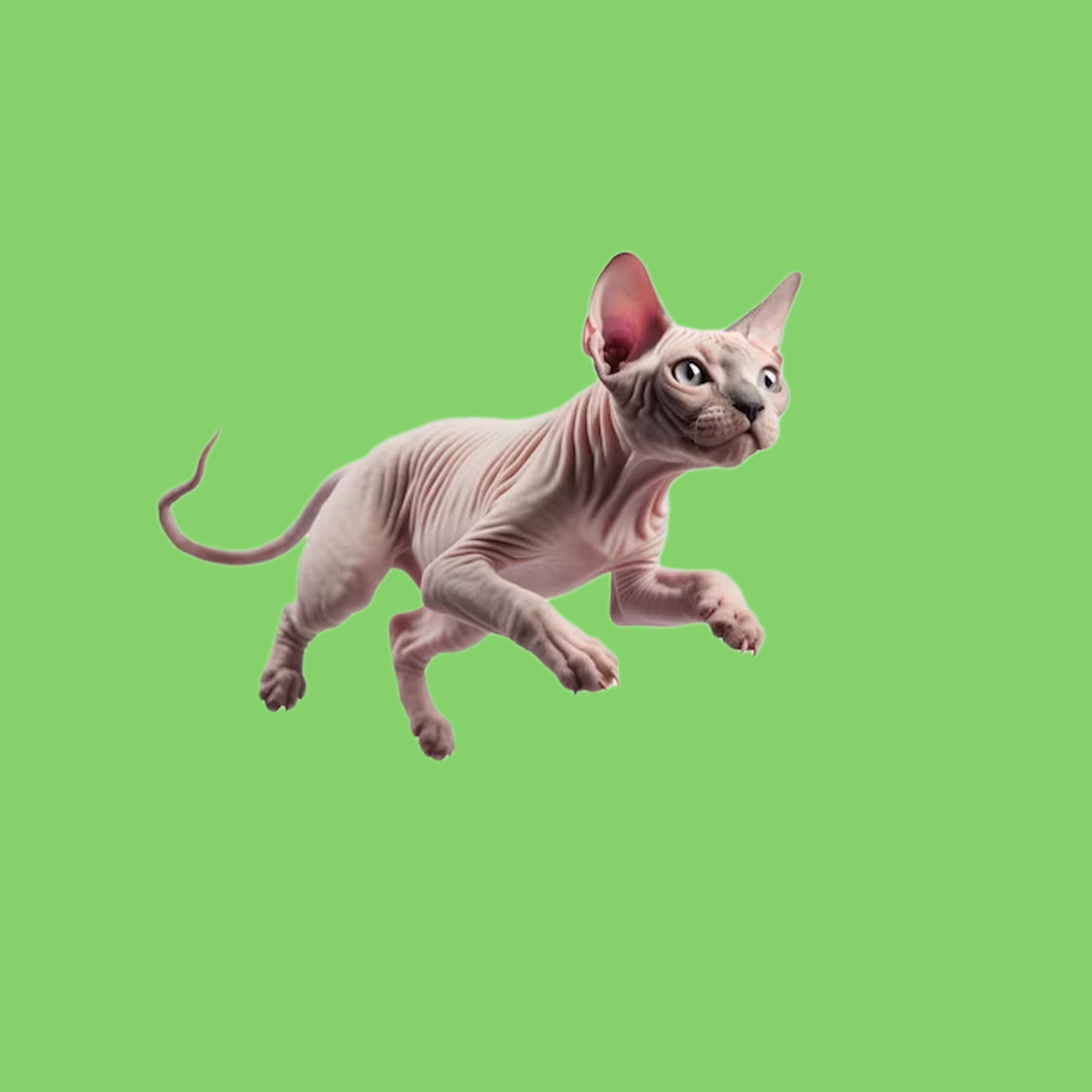Hypertrophic Cardiomyopathy
Hypertrophic cardiomyopathy causes thickening of the heart muscle and heart failure. Regular veterinary check-ups and periodic heart screenings can help detect any disease-related symptoms at an early stage. Adhering to a healthy diet, regular exercise, and avoiding stress are essential prerequisites for the prevention of hypertrophic cardiomyopathy. Caring for companion animals with cardiovascular disease requires timely administration of prescribed medications, weight monitoring, and maintenance of a healthy lifestyle.
Congenital Myopathy
Congenital myopathy develops as a result of improper functioning of muscle tissues and causes weakness in companion animals. Treatment of this trouble may require drug treatment, physical therapy, massage, or surgery.
A high-quality food containing an adequate amount of protein will help your companion animal build muscles properly. Adding vitamins E, D, and B to the diet of your important family member will unquestionably have a positive effect on muscle health. However, be sure to consult a nutritionist before adding any vitamins to your companion animal’s diet.
Before acquiring a new family member, studying its genetic history is a prerequisite for competent care. If you have decided to add a Sphynx to your family, it is advisable to choose a breeder who tests companion animals for genetic disorders before mating.
Periodontal Diseases
The periodontium is a set of tissues that fix the tooth in the socket. Periodontitis develops against the backdrop of a decrease in the body’s immunity, however, cardiovascular, gastrointestinal, and nervous system diseases also harm periodontal health. Along with proper hygiene procedures, special toys and routine dental check-ups can help your important family member avoid dental diseases. Contact your veterinarian immediately if you notice sudden teething, receding gums, or bleeding.
Skin Diseases
Due to the lack of fur, the Sphynx is particularly susceptible to skin infections. Infection may be caused by contamination of the skin covering, drying of the upper layer of the skin, and weakening of immunity. Maintaining hygiene, ensuring a clean living environment, and keeping a healthy lifestyle will assist in preventing skin infections.
To ensure skin health and prevent burns, it is necessary to keep your beloved friend away from direct sunlight. Their delicate skin is particularly sensitive to the harmful rays of the sun. Preventive measures to prevent sunburn include avoiding walking in the sun and using sunscreen that is safe for companion animals.

